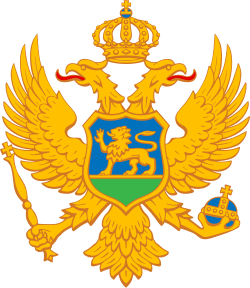 |
|---|
| Constitution |
Montenegro holds national election for the Parliament and the office of President. Montenegro has a multi-party system with numerous parties. The Parliament has 81 members elected by a system of proportional representation using D'Hondt method for a four-year term. To enter the national parliament, parties have to surpass the electoral threshold of 3%, except for minority lists, for which that threshold does not apply. President is elected at large, with a second round runoff between the two first placed candidates, if no candidate receives an absolute majority in the first round.
